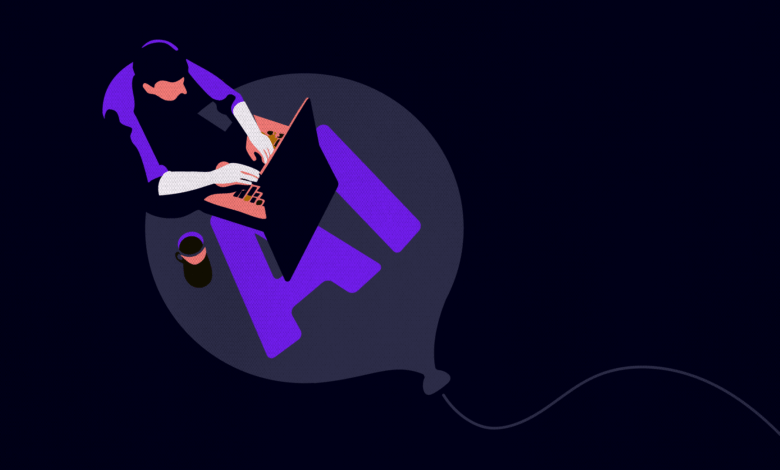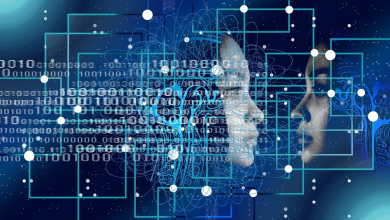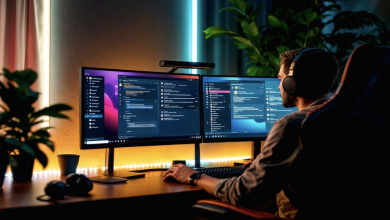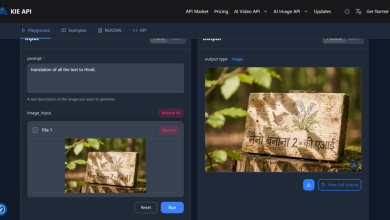
Artificial intelligence: It’s the inescapable buzz, promising to transform industries and reshape our existence. From self-driving cars to personalized medicine, AI’s promise appears boundless. But as with any grand spectacle, is there a cultural bubble forming, poised to deflate?
I’m not anticipating an economic crash; significant investment and widespread adoption by major entities make that unlikely. My concern lies with a potential societal backlash—a “cancel culture” risk. This could emerge from the collective values we’ve meticulously cultivated over decades: environmental care, upskilling, data sovereignty, equitable representation, and mental well-being. These are the human priorities.
Do these concerns still resonate? It seems investors are captivated by global leaders, self-preservation, and AI’s manifest advantages. But what about the general public? Are we truly pausing to assess the ramifications of AI’s rapid ascent? Or are we simply fatigued from advocating for rights that dissipate within privileged echo chambers?
As a millennial, I share this exhaustion. While it’s tempting to simply delegate to AI, are we asking ourselves what that truly implies? As a creative marketing studio’s Managing Director, I’ve witnessed direct impacts. Clients who once allocated substantial budgets to narratives about online safety, championing fairness and sustainability have now shifted focus.
Others are pursuing AI-generated content, producing generic material that lacks authentic heart or genuine craftsmanship. Perhaps this simply doesn’t matter. Perhaps the era of human concern for these topics has passed.
Yet, I believe it profoundly matters:
-
AI is a hungry beast. This would be less concerning if our energy mix were clean, but we remain heavily reliant on unsustainable sources. AI requires a lot of electricity, with major tech firms already investing in power plants for their data centers. Is this sustainable?
-
Automation’s job displacement. We face widespread white-collar job displacement. While AI creates some new roles, the long-term reality is that AI will increasingly manage itself, limiting the once-hyped STEM job potential.
-
The erosion of human creativity. Is excessive reliance on automated tools risks dulling our creative faculties? There’s already research which points to AI’s limitations in science and its potential negative impact on mental health.
-
Unquestioning acceptance. Soon, AI-generated answers will be polished, accurate, and seemingly well-sourced. But what about the underlying data’s origin? Is intellectual property respected? Is consent obtained or payment considered?
-
An expanding data footprint. Is our data adequately protected? The extensive use of data necessitates robust security systems to safeguard both your work and the data itself from hackers.
-
Unaddressed biases. Outputs often favor the majority, potentially neglecting minority experiences. How do we validate against authentic lived experiences when AI generates rhetoric it believes we want to hear, even with adjustable settings?
So, what’s our path forward? Do we simply acknowledge this shift and continue business as usual? I’m not shunning AI. I’m encouraging my team to actively explore and experiment with the latest tools.
Curiosity and a willingness to innovate are core values. But can we truly embrace AI’s vast potential for good without also confronting its fallout?




